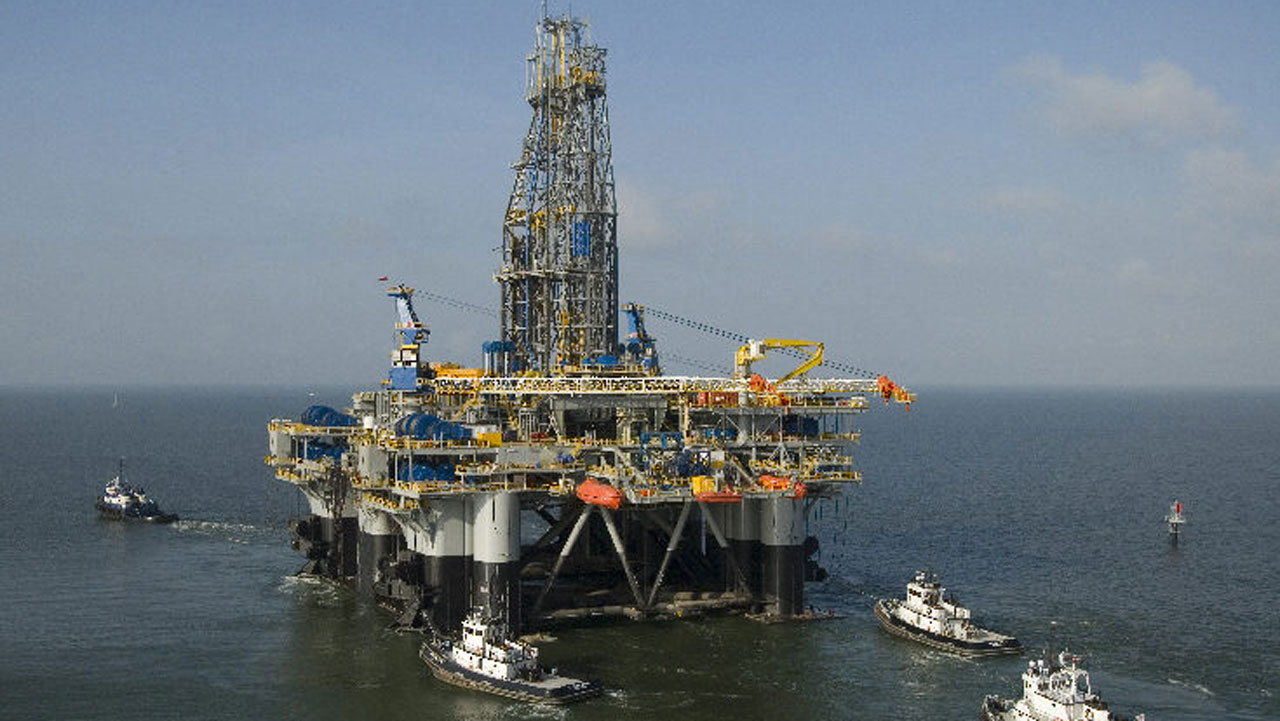
The repeated slump in Nigeria’s monthly oil outputs since January 2024 has resulted in a revenue loss of about N636.3bn, findings by Sunday PUNCH shows.
Oil production data obtained from a Federal Government agency indicated that Nigeria produced 1.43 million barrels of crude oil (excluding condensates) in January this year, but this nosedived to 1.25mbpd in May.
Figures obtained by our correspondent from the Nigerian Upstream Petroleum Regulatory Commission showed that while the total volume of crude produced in January was 44.22 million barrels, it dropped to 38.8 million barrels in May.
This represents a crude oil production plunge of 5.43 million barrels between January and May this year, based on NUPRC data.
The average cost of Brent, the global benchmark for crude oil in January was $80.12/barrel. It moved up marginally to $81.75 in May, according to data from Statistica, an international statistical firm.
Also, the average exchange rate of the naira against the United States dollar in May this year was N1,434.1/$. The naira has been struggling since January this year, dropping in value repeatedly against the dollar.
Based on the 5.43 million barrels crude oil production plunge, price of Brent and exchange rate of the naira in May, Nigeria lost estimated revenue of about N636.3bn between January and May this year.
Meanwhile, it was further observed that while Nigeria produced 1.43mbpd of crude oil in January, this dropped to 1.32mbpd in February, crashed to 1.23mbpd in March, rose up a little to 1.28mbpd in April, before falling to 1.25mbpd in May.
The continued plunge in Nigeria’s oil production has been blamed on the incessant vandalism of oil pipelines as well as crude oil theft. Efforts have been ongoing to end this, though not as fruitful as expected yet.
On June 13, 2024, for instance, the Nigerian National Petroleum Company Limited urged the judiciary to create a special court to try culprits of oil theft and pipeline vandalism.
NNPC’s Group Chief Executive Officer, Mele Kyari, made the plea at the National Judges Capacity Building Workshop on the Petroleum Industry Act 2021, organised by the National Judicial Institute and INVESTIN 234 in Abuja.
Kyari also urged the judiciary to accelerate hearings on offences related to crude oil theft and pipeline vandalism, according to a statement issued by the spokesperson of NNPC, Olufemi Soneye, at the time.
The NNPC helmsman further called for the support of the judiciary in tackling the twin challenges of crude oil theft and pipeline vandalism in order for the oil and gas industry to achieve its full potential as an enabler of national economic and industrial growth.
Kyari had said, “The gains of the PIA have been severely undermined by crude oil theft and pipeline vandalism and urged the judiciary to consider the creation of a special court to try offences related to crude oil theft and pipeline vandalism or granting accelerated hearings to such cases.”
He had explained that the role of the judiciary was critical to the success of the efforts of the various security arrangements put in place by NNPC, the law enforcement agencies and other stakeholders in the industry.
“In particular, is the recommendation that a special court be created to try those offences as they hinge on our survival as a country, and/or for such trials to be conducted under an accelerated hearing process by the issuance of Practice Directions to that effect, with concomitant sanctions to deter would-be offenders,” he stated.
The GCEO had also called on the judiciary to accelerate hearing on criminal cases in their courts, through timely determination of the criminal charges and imposing adequate punishments and sanctions on culprits to serve as deterrence to others.
He said NNPC remained committed to collaborating with all relevant stakeholders to ensure the successful implementation of the PIA.
“Together, we can ensure that the benefits of our natural resources are maximised for the economic and social development of our country,” Kyari stated.
Crude oil theft has also been a major obstacle to the operations of refineries in Nigeria. It limits the government’s revenue from oil exports, as well as deny international oil companies major oil earnings.
Our correspondent had exclusively reported in a recent edition of Sunday PUNCH that major oil companies lamented the impact of oil theft and pipeline vandalism on the availability of crude for local refineries.
The Director-General of the Lagos State Chamber of Commerce and Industry, Dr Chinyere Almona, while speaking on behalf of the companies through the Oil Producers Trade Section in LCCI, identified crude oil theft and pipeline vandalism as factors hindering the oil majors’ inability to meet their daily quotas.
Almona also explained that modular refineries were finding it hard to get enough crude.
She also identified low crude oil production in Nigeria as a factor limiting international oil companies’ capacity to supply crude to the Dangote Petroleum Refinery, and other modular refineries.





